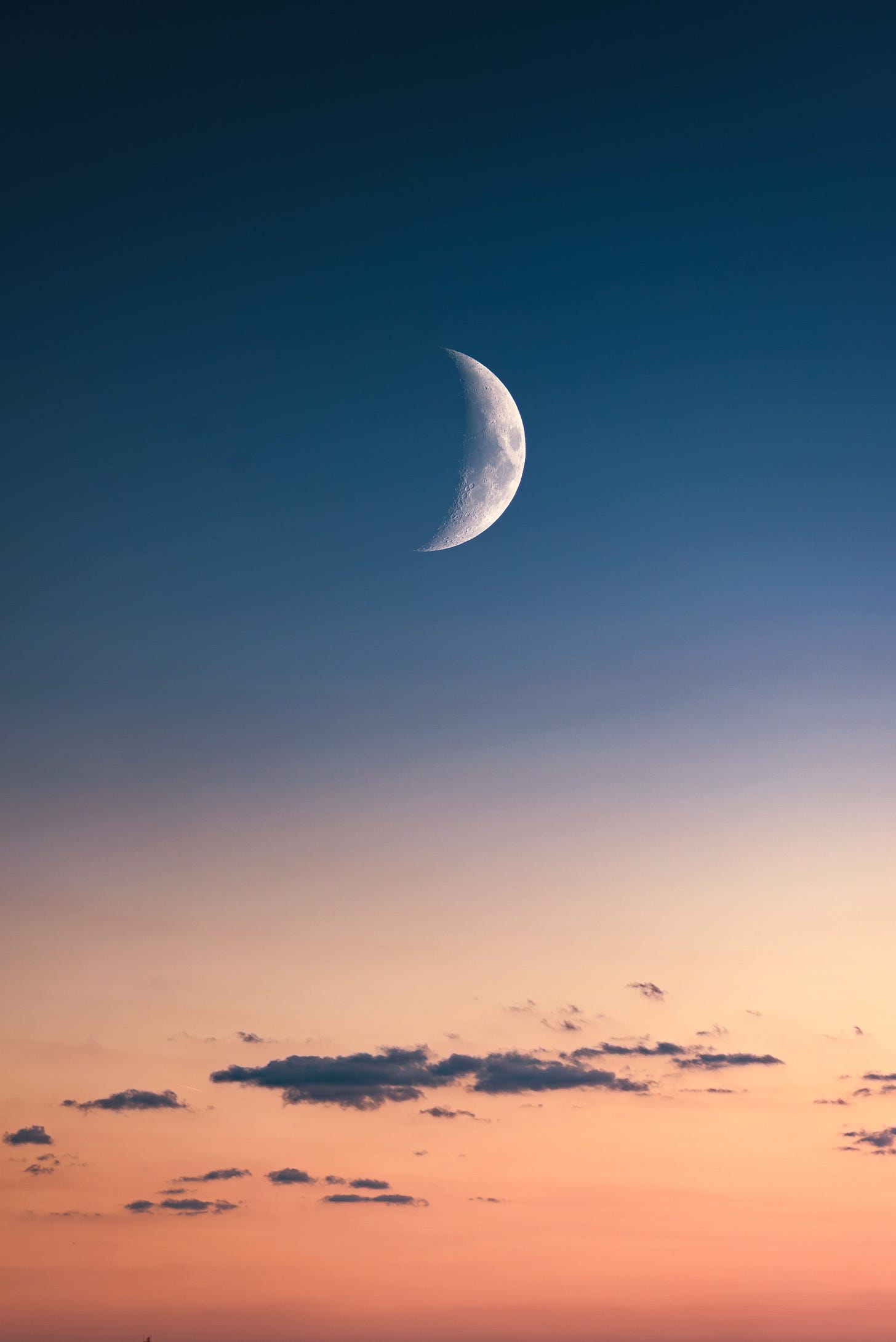I was in the second row, left side of the Konzerthaus, one of Berlin’s traditional concert houses, at the end of the sold-out concert. The audience was crying out for my son, a jazz pianist, to play an encore at the piano. „Alfie!“ someone called, a tune he had recorded once as a solo after I had suggested it to his wife many years ago – „what’s it all about?“ I had watched the entire concert with growing certainty that he had seen me because he was clearly disturbed and uncharacteristically removed from the audience. He had the same expression and body bearing he had had the first time we met outside of my body – a pale, cold, somehow juvenile creature zapped by eternal insult. I had not meant for him to see me but we are connected as only a violent disconnection can remember.
My son bowed stiffly, expressionlessly into the roaring, standing German audience and then turned to the Steinway again and sat down to play an encore. As he did so, I became aware, I thought, I was most certain, of his bassist, who was looking straight at me and moving his head from right to left – „No“ he was saying. I wondered at his interference into something which does not concern him at all. Then I thought better. Of course it concerns him. He wants his buddy, my son, to put Berlin back on their to-do-list and to never let the music, the money, the inspiration, the gig, the life, stop.
Even though he had always played in Berlin at least once a year since we had reconnected 19 years earlier, he had not played here since 2013, when we had permanently parted ways for the second, or maybe it was the third time in our lives. We had no normal, human mother- and- son relationship. We had been separated at birth in the United States of America in 1970, and I was not even informed whether he had survived the birth much less allowed to hold him before he was given to anonymous strangers under legal conditions which were „amended“ by the Florida legislature soon thereafter. I could never really swallow any of this, and that’s why I had purchased an expensive ticket to this concert six months earlier, taken the S-Bahn downtown, eaten an early dinner, alone, in the old café of the Konzerthaus before the concert, purchased a copy of his “After Bach” CD at the table where he would be giving autographs after the concert (he had derided me for still „just“ playing Bach the last time we had ever spoken) and then waited, in that limbo land again, as the audience filled the hall, to hear my son play and to see him again, if only on the stage.
But even before I had been invited to leave by the bass player, I found the concert, his performance, his morbid demeanor and all of the deep schnick-schnack which was his allure, boring. The music was boring, uninspired where his music used to be pure inspiration. I’m sure it was just me after three and a half years of therapy but I had heard these songs too often and was tired of the characteristic depressed half-tone descent in the left hand. The bassist’s signal in the midst of the standing, applauding fans crying for another encore (German music fans are the best) was the most convincing part of the performance for me. So I left as he seated himself for the second encore, taking the chance to exit while the audience was still standing. I decided I would really go this time. I would become like God -- once-life-engendering, now forever not to be found, sometimes forgotten.
I have always wanted a place to tell this story at my own pace, in different ways, to everyone and, very personally, to certain people, some of whom I cannot otherwise reach. I am launching this space very specifically because my son, Brad Mehldau, recently published what he threatens is only part I of his Memoirs, a tome, among other things, of compulsive self-indulgence in a horrific psychic landscape which ends somewhere in his mid-twenties, just as he entered drug and alcohol rehabilitation for the last time and a few years before he looked me up. I could barely read the book. I found it either boring or horrifying but I did note, and will comment on, places in which his telling conflicts with what he told me about his very early life or what his wife told me about at least one of his pieces. Above all, this is a response and rebuttal to the lie his adopters told him about the circumstances of his adoption. This is also to be counter-information for him or his children, if they find it and choose to read it, because his writing reveals not only how profoundly misinformed he is and always was about his origins but also how that misinformation malformed and wounded him, almost mortally.
Just as my son explained, in one of the interviews preceding release of his book, that he had been writing down the story of his life in bits and pieces over many years, I have also been writing down bits and pieces over the years since he and I reconnected (about 23 years now), at first to just record as a witness immediately after events which were incomprehensible to me, and then, scorpio-like, brooding over their why and from whence, to explore my family and generational history in writing and to analyse adoption law in Florida, both past and present. There are poems, essays, and short true tales, travel notes and generational inquiries.
I hope to post once a week until the story is told. Everyone can read my posts, and I would love to enter into dialogue with subscribers. Subscription is free.



